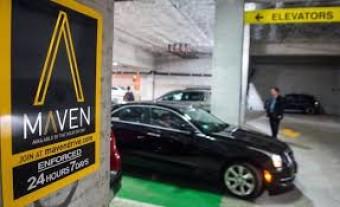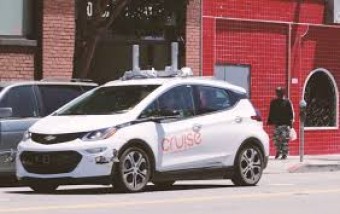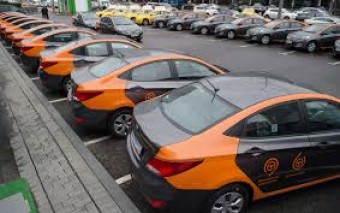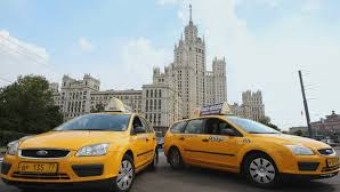Sharing economy helps consumers bridge The ‘Attainability Gap’
People still dream of owning major assets such as homes and vehicles but the cost of ownership, the need to pay down rising debt and rising interest rates have created an “Attainability Gap,” according to a new study by car2go.
The survey of 1,800 people in major U.S. and Canadian cities reveals that while 66 percent of consumers hope to purchase a primary home, only 34 percent believe they can achieve their goal in the coming year — revealing an “Attainability Gap” of 32 percent. Similarly, while 55 percent of consumers surveyed are interested in purchasing a car, just 46 percent feel that goal is attainable.
In response to this growing gap between what people want and what they can afford, consumers are increasingly turning to shared services as a smart, convenient way to save for important life purchases and achieve their long term goals.
“We’re seeing this trend reflected in our membership data,” explained Paul DeLong, CEO of car2go North America, the North American arm of the world’s largest, fastest-growing one-way carsharing service. “Millennials are one of the heaviest users of car2go and represent nearly half of our 800,000-plus members here. That same demographic is eagerly saving-up to buy their first home or car. Shared services like car2go help hundreds of thousands of people every day bridge the attainability gap through affordable access to services they need that also help them save for life’s major purchases.”
Savings and investments and ‘home purchase of primary residence’ were the top financial priorities of more than half (52 percent) of survey respondents, while 11 percent said they were still focused on paying off their student loans. Not surprisingly, respondents also viewed ‘affordability’ as the number one benefit of being a member of a carsharing service.
With car2go adding thousands of four-door Mercedes-Benz vehicles to its North American vehicle network, more people in cities across the U.S. andCanada will soon experience the ease and affordability of one-way carsharing while they build their savings. For this study, car2go surveyed 1,800 adult respondents in the following markets: Washington D.C.; Denver; Austin; New York City; Seattle; Vancouver; Calgary; Toronto; and Montreal. Respondents were from all income brackets and did not necessarily need to be a member of a car sharing service.
With 2.7 million members and growing, car2go is the world’s largest, fastest-growing one-way carshare service. Over 800,000 of car2go’s members reside in the U.S. and Canada.
• car2go study finds “Sharing economy helps consumers bridge The ‘Attainability Gap’.”









